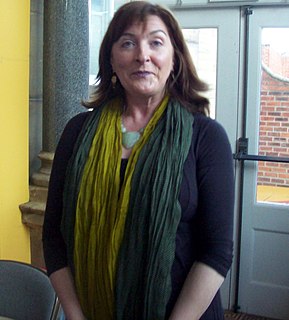A Quote by Michael Specter
Newspapers and magazines are vanishing. But science writers are not. In fact, they are becoming so adept and varied that I hardly have time to read 'Gawker' anymore.
Related Quotes
I try to make time for reading each night. In addition to the usual newspapers and magazines, I make it a priority to read at least one newsweekly from cover to cover. If I were to read what intrigues me- say, the science and business sections - then I would finish the magazine the same person I was when I started. So I read it all.
I don't know of any science writing going on in women's magazines, unless you count medical stories about things like breast cancer. I still think there's a huge problem about how we can actively engage a wider range of women. I'm not saying women must be a separate audience - I'm just responding to the reality that the majority of people who do read science magazines are male. That's not a value judgment; it's a statistical fact.
It's becoming clearer and clearer to me that the world is there to be celebrated by writers, and in fact this is what all the good ones do, and that the great fashion for gloom and grimness was in fact a false path that certain writers took, I think in response to the horrors of the first half of the twentieth century.
The progress of science is tremendously disorderly, and the motivations that lead to this progress are tremendously varied, and the reasons why scientists go into science, the personal motivations, are tremendously varied. I have said ... that science is a haven for freaks, that people go into science because they are misfits, and that it is a sheltered place where they can spin their own yarn and have recognition, be tolerated and happy, and have approval for it.

































